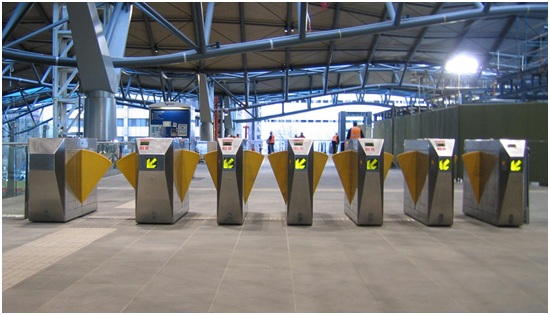
It’s a bold claim from Altus chairman, Hugo Thorman, but he believes that with the technological advances in back-office automation systems and standardising data, the cost over coming years of advised investing could drop from 2.2% to as low as 1.5%. The future for platforms and financial services looks good.

Back Office Automation
He believes that full automation is a real possibility in the future so that back office systems for financial advisers could reduce costs to their clients.
By using client data more efficiently, funds and information could be exchanged more easily for things like populating the pensions dashboard.
Companies like http://www.intelliflo.com/ are building specialist software that will help financial services companies better manage risk and improve their businesses.
The advances in technology might mean a leaner workforce through automation, but much of a business’s unprofitability can be put down to too many staff and poor efficiencies, which greater automation would improve. The Telegraph goes into more detail about ‘recruiting’ automation, and Deloitte has written about automation being a big game changer in the financial services industry.
Many businesses in the financial services sector are putting a big focus on technological enhancements for their company to improve their own performance, but also because of guidance from the Financial Conduct Authority to use more technology to deliver a better service and reasonably priced advice and guidance to those who are unable to afford traditional services.
Pensions Dashboard
There is also much anticipation surrounding the pensions dashboard, which looks set to revolutionise the whole financial services sector. The idea is that lifetime savers are able to see all their savings, from any number of pots, in a single place and know exactly how big the combined pot is. It looks set to be in place for 2019.
Increased automation should help improve engagement from the public with an industry that sometimes suffers image problems and could potentially roll out across other savings products in the future and not just pensions.
The proposals are currently that the pensions dashboard would be compulsory across the sector, and Thorman believes that implementation should be independent so that everything is transparent for the consumer’s benefit.
For many individuals, any improvement to efficiency in the sector can only be a good thing and can’t come soon enough.